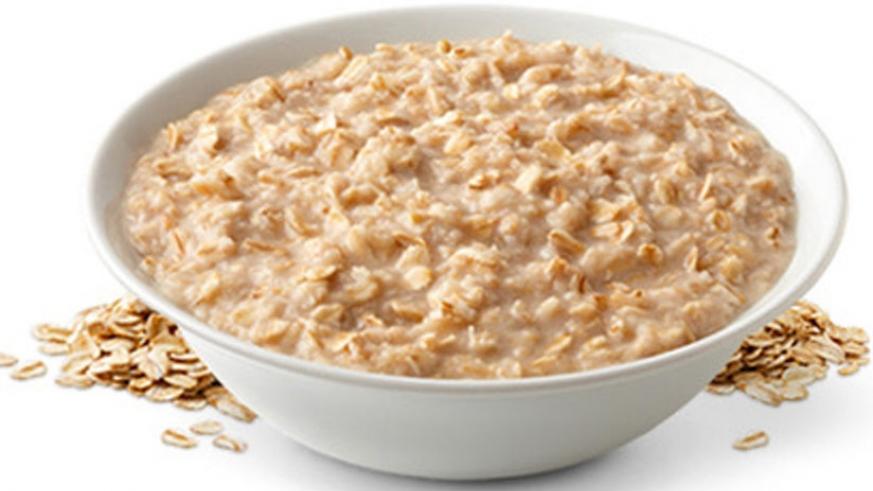With a growing awareness of the obesity epidemic there has been a widening interest in good tips to get nutrition of a nature which promotes good weight control. Oatmeal has been discovered to be a great food
to help improve appetite control.
In an article on Nov. 22, 2013 the Taylor and Francis Group reported via Alpha Galileo that oatmeal beats ready-to-eat breakfast cereal for improving appetite control.
This research has been published in the Journal of the American College of Nutrition. It has been discovered that oatmeal, which is higher in fiber and protein but lower in sugar than ready-to-eat breakfast cereal, results in a greater increase in fullness and greater reduction in hunger. The researchers concluded oatmeal improves appetite control and increases satiety. It has been postulated these effects may be attributed to the viscosity and hydration properties of the β-glucan content of oatmeal.
A great deal of the strategy behind fighting obesity involves healthy eating habits. The findings of this research found, “…the oatmeal breakfast resulted in a greater increase in perceptions of fullness and a greater decrease in perceptions of hunger, desire to eat, and prospective intake in the 4-hour period postprandial when compared with the ready-to-eat breakfast cereal.”
It appears the β-glucan content of the oatmeal offers a very satiating form of fiber. Eating oatmeal for breakfast may prolong the period between meals and therefore help to establish good eating habits which help with weight loss.
Junk food is often endorsed by athletes
As an awareness of the horrible problem of childhood obesity grows there are deepening concerns about high profile sports stars being paid a lot of money to advertise junk food for kids. The American Psychological Association notes that the childhood obesity epidemic is a very serious public health problem which increases morbidity, mortality, and has substantial long term economic and social costs. HealthDay reported on Oct. 7, 2013, “Star Athletes Often Endorse Junk Food, Study Says.”
Although professional athletes are generally known for their fitness, the foods which they endorse are often not very healthy, according to a new study. This study has found that food and beverages which are promoted by sports stars such as Peyton Manning and Serena Williams are most often high in calories and low in nutrients. Out of 62 food products which athletes endorsed in 2010, 79 percent are in the junk food category. And just about all athlete promoted beverages derived 100 percent of their calories from sugar.
These findings are of concern. After all the message which comes through is that athletes actually use these products, and that the products are therefore healthy. Marie Bragg, the lead researcher of the study, has said associating an athlete to a food or drink “could lend it a health halo.” These advertisements are seen everywhere such as TV, newspapers, magazines, the Internet, and often kids often idolize sports stars. Clearly, athletes should be encouraged to stop promoting unhealthy food.
Credit : Dr. Rupin Shah (Consultant Urologist 33Years of Experience)



